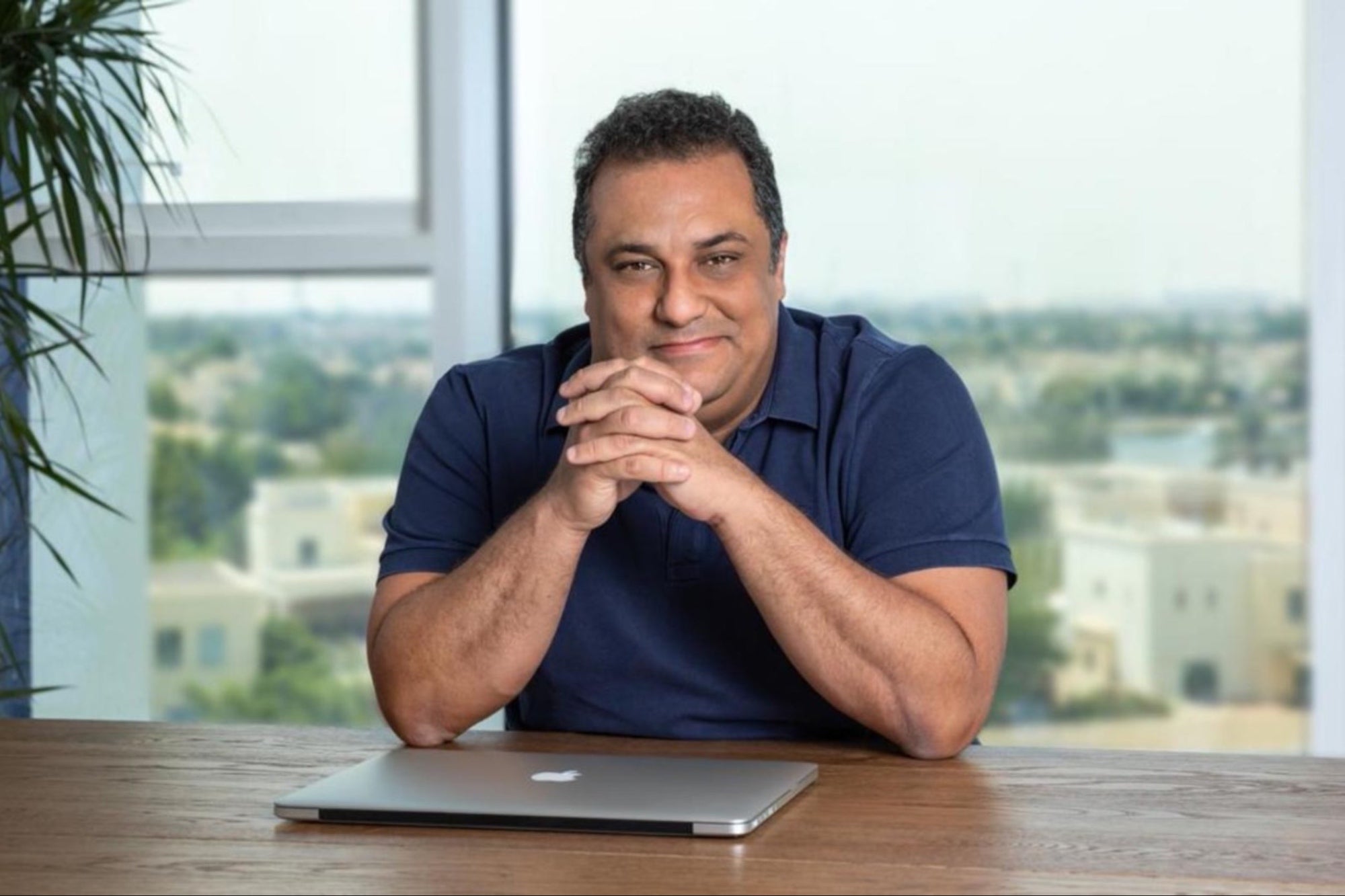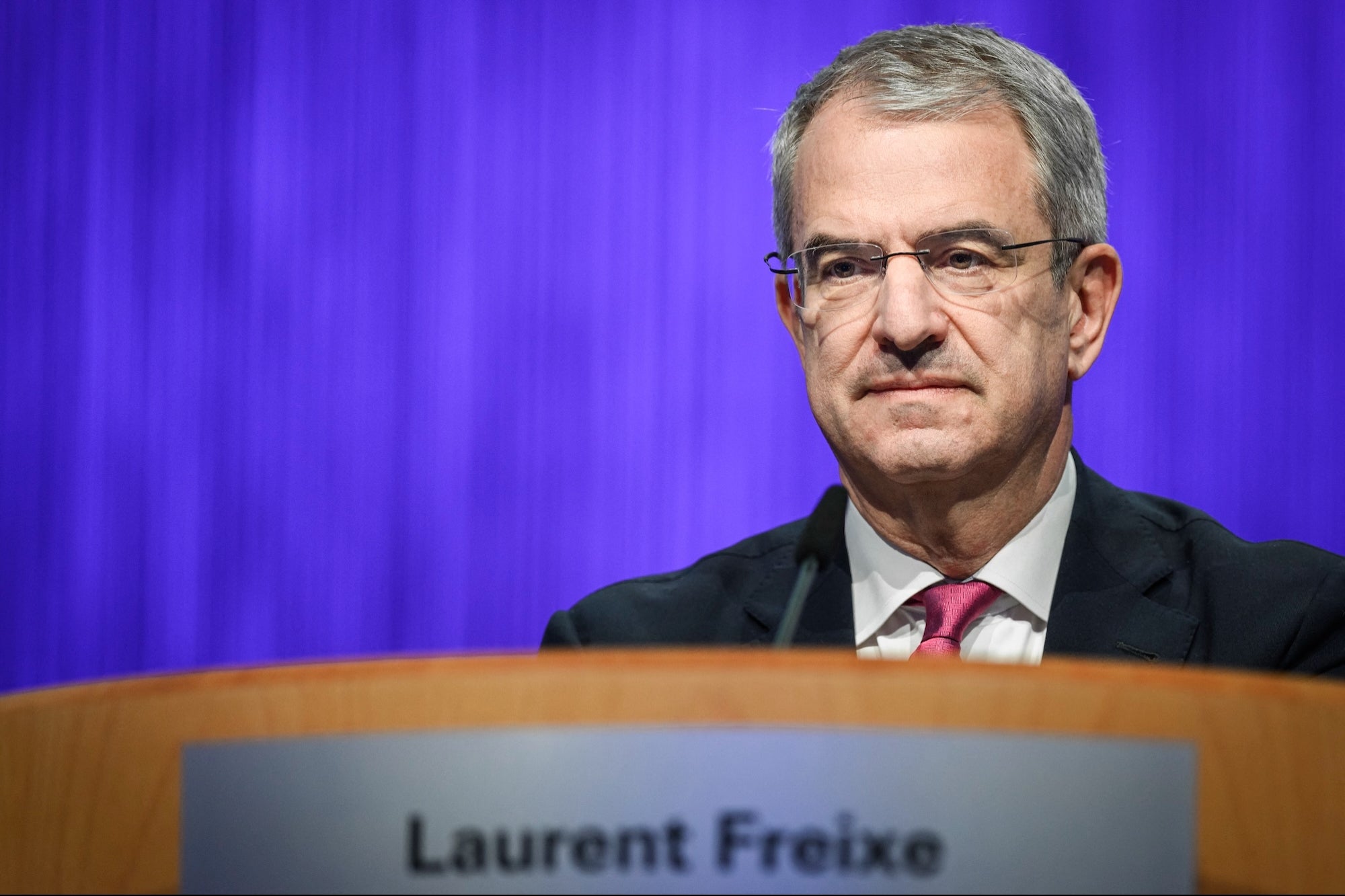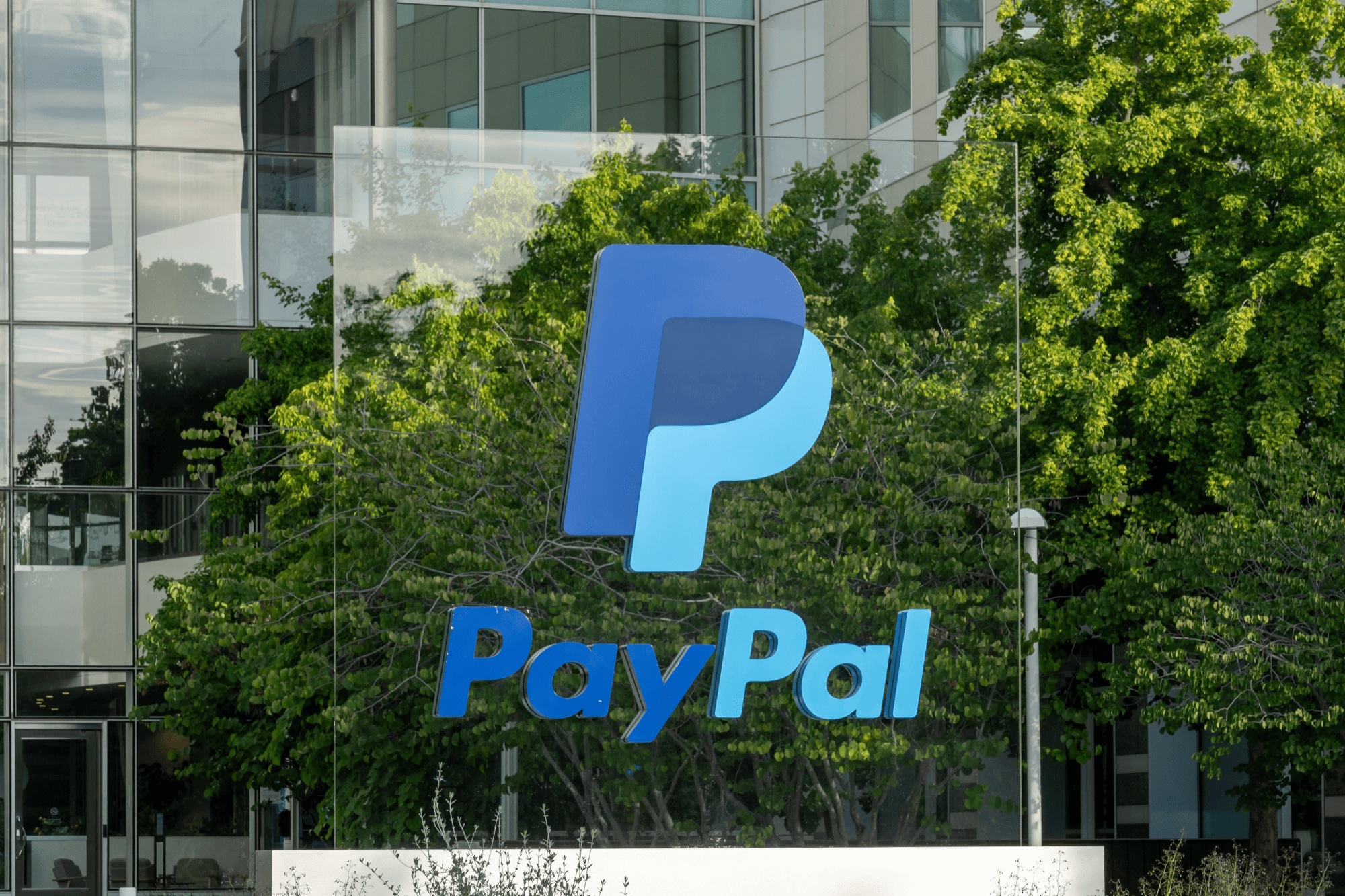Startup Funding: Basil Moftah, Managing Partner, Key Capital Basil Moftah shares the keys to winning investment.
By Tamara Pupic
You're reading Entrepreneur Middle East, an international franchise of Entrepreneur Media.

This article is part of Startup Funding - Investor Insights Every Entrepreneur Needs by Entrepreneur Middle East, a series where the MENA region's leading venture capitalists share practical advice to help founders navigate the challenges of building and scaling a startup.
Basil Moftah, Managing Partner, Key Capital, explains that his perspective on what drives successful fundraising and long-term founder–investor relationships aligns closely with Key Capital's mission to support the region's most promising startups.
1. What are the top three things founders should absolutely do when preparing to raise their first round?
Get your house in order: Clean cap tables, clear documentation, and a sharp understanding of your business basics make you way more credible to investors. Lots of early deals get slowed down just because basic paperwork is missing.
Build a real fundraising strategy: Don't just randomly reach out. Look up investors who fit your stage, industry, and location, and be clear about the story you want to tell about your product, team, and market.
Stalk your investors (in a good way!): Chat with other founders who've taken their money. See if the GP's vibe, ethics, and actions actually match their "founder-friendly" talk—a lot of them say it but don't always walk the walk when the going gets rough.
2. What are you really looking for when evaluating early-stage startups?
At Key Capital, we see tons of companies every year—even though we invest later, our view is shaped by what makes companies fundable early on.
The best founders usually have:
- They really get the problem they're solving and why it matters.
- Proof that early customers love them—doesn't have to be huge revenue, but there should be signs someone cares enough to use (and pay for) the product.
- Big dreams but also flexible: Markets change; great founders stick to their vision but are happy to tweak the product or business model when needed.
- Early focus on getting their way of managing and governing their business: Startups that set up clear ways to report, comply, and have board oversight look more mature and make it easier for future investors to jump in.
- A good investor base: Having early backers with solid reputations and helpful experience builds trust—future investors like seeing "smart" money already on the cap table. That could mean international investors or strategics who know the space you are operating within.
Related: VC Voices: Shane Shin, Founding Partner, Shorooq
3. Can you share a personal anecdote—either a pitch that truly impressed you, or one that missed the mark and why?
Two passionate founders met with me on a weekend to share their vision and ideas on waste recycling. They came with no slides, a coffee and an incredibly tight grasp of their industry's regulatory environment, clear metrics, why customers buy from them, and how they plan to grow their business. Every question was answered with data, not fluff. That level of preparation and clarity instantly built confidence. The ones that miss the mark are usually the ones who believe the deck is enough to make the case for raising money. They don't realize that they are also a big factor in the process.
4. How should founders approach a "no"? What's the best way to build long-term investor relationships even if they don't get a cheque right away?
A "no" is rarely a verdict on the founder's potential. Often, it's about timing, stage, or fund focus. The best founders stay in touch, send brief quarterly updates on traction, and invite investors to follow their journey. Always remember to ask for feedback - many don't share it openly but when they do, it's gift to improve the company and the next pitch. Be open to all and every feedback. Surprisingly, it could also leave the investor feeling FOMO.
5. What startup sector or trend are you most excited about right now—and why?
We're very excited about fintech infrastructure and B2B SaaS in MENA. Both are at an inflection point. Fintech: With regulators opening up banking and payments, there's a wave of startups digitizing everything from SME lending to cross-border payments. B2B SaaS: Companies in the region are finally building products with global relevance, not just local. The next five years could see true category leaders emerging from MENA in areas like AI-powered analytics, workflow automation, and vertical SaaS.
Related: VC Voices: Amjad Ahmad, Managing Partner, 500 Global










